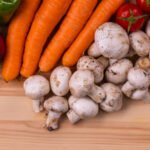Pregnancy is the condition of having a fertilized egg (sometimes referred to as an embryo or fetus) growing and developing inside the uterus under the care and guidance of the mother’s body. The three trimesters of pregnancy, which normally run for 40 weeks or 9 months, are known as the weeks.
A woman’s body goes through a variety of physical and hormonal changes throughout pregnancy to support the growth and development of the unborn child. A successful pregnancy and infant depend on regular prenatal care and good lifestyle decisions including eating a balanced diet, getting adequate rest and exercise, and avoiding dangerous substances.
Some of the key nutrients are obtained from fruits, and they can help you and the baby in the following ways:
- Apple
- Raspberry
- Kiwi
- Banana
- Garlic
- Guava
- Grapes
- Watermelon
- Apricot
- Strawberry
- Mango
- Custard Apple
- Sapodilla
- Pomegranate
- Pear
1) Apple
Apples are a good source of fiber, vitamin C, and antioxidants, making them a healthy pregnancy food. These nutrients can help support a healthy pregnancy and prevent constipation, which is a common pregnancy symptom.
Apples also contain a compound known as quercetin, which may have anti-inflammatory properties. However, pregnant women should always consult with their doctor or a registered dietitian before making any significant dietary changes.
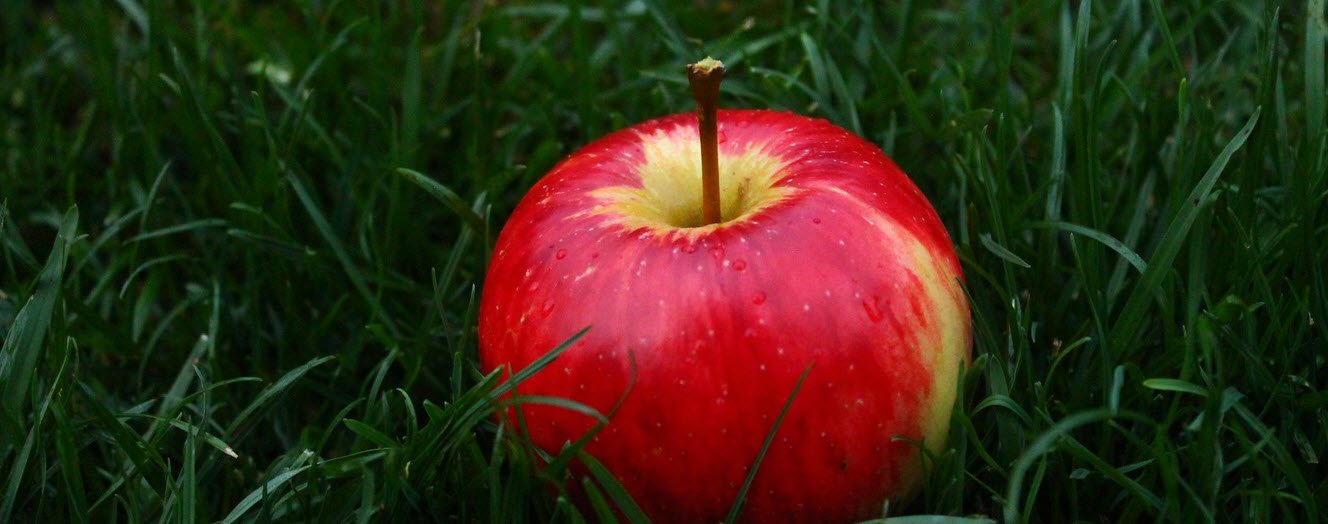
2) Raspberry
Raspberries are a healthy food to eat while pregnant. They are high in vitamin C, folate, and antioxidants, which may support the baby’s healthy growth and healthy pregnancy.
Eating raspberries may also help to prevent constipation and protect against pregnancy-related hypertension. Raspberries are also high in fiber, which can help you feel full and satisfied.
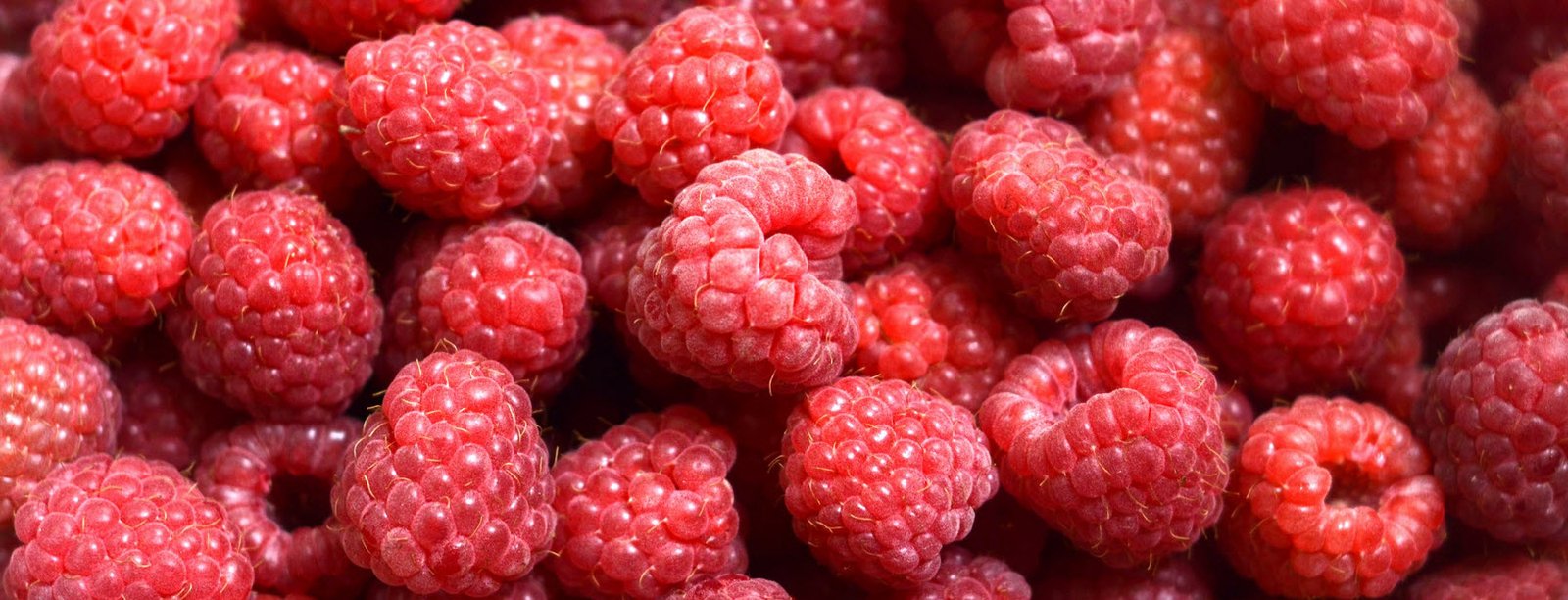
3) Kiwi
Kiwi fruit is high in vitamins C and E, folate, and potassium, all of which are beneficial to pregnant women. Eating kiwi may aid in immune system support, inflammation reduction, and proper fetal development.
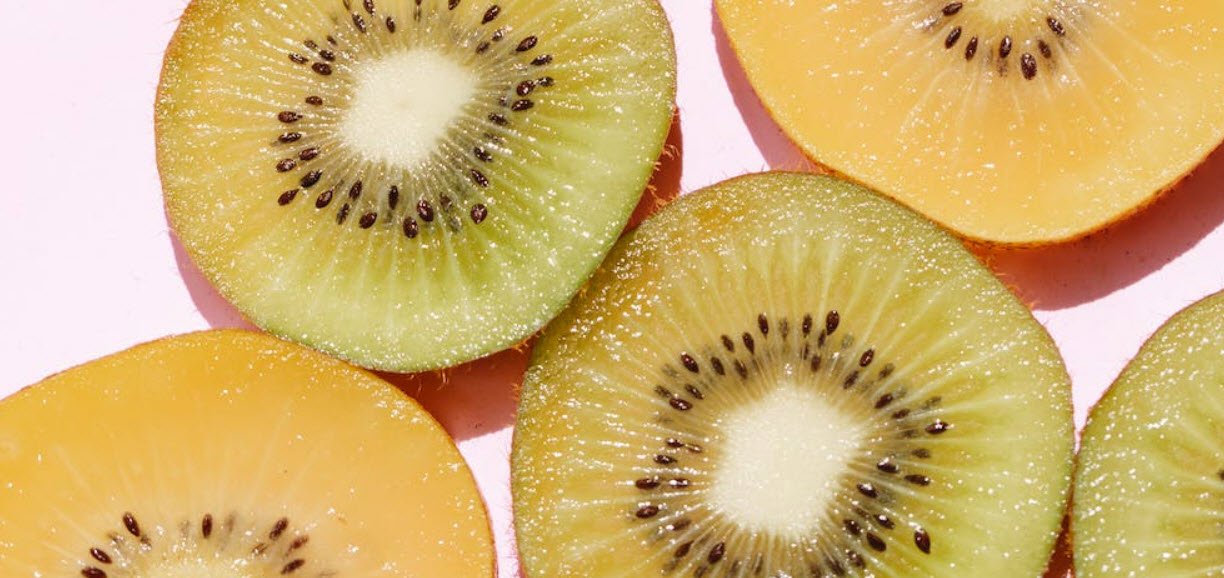
4) Banana
Bananas are a nutritious food that is safe to consume while pregnant. They are high in potassium, vitamin B6, vitamin C, and fiber, and can help pregnant women maintain a healthy diet.
Bananas can also aid digestion, prevent constipation, and may aid in the prevention of morning sickness.
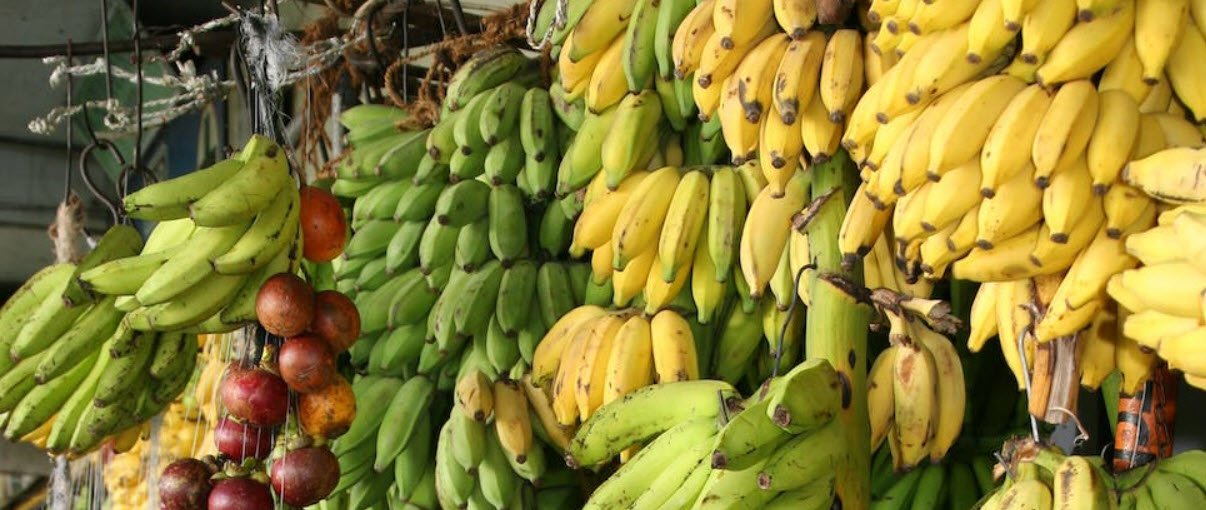
5) Garlic
Garlic is a safe food to consume during pregnancy because it is high in antioxidants and anti-inflammatory compounds. It is also thought to help the immune system and lower blood pressure.
Garlic may also aid in the prevention of certain birth defects. However, it is critical to consult with a healthcare provider before making any significant changes to your diet during pregnancy, as excessive consumption may result in heartburn or indigestion.
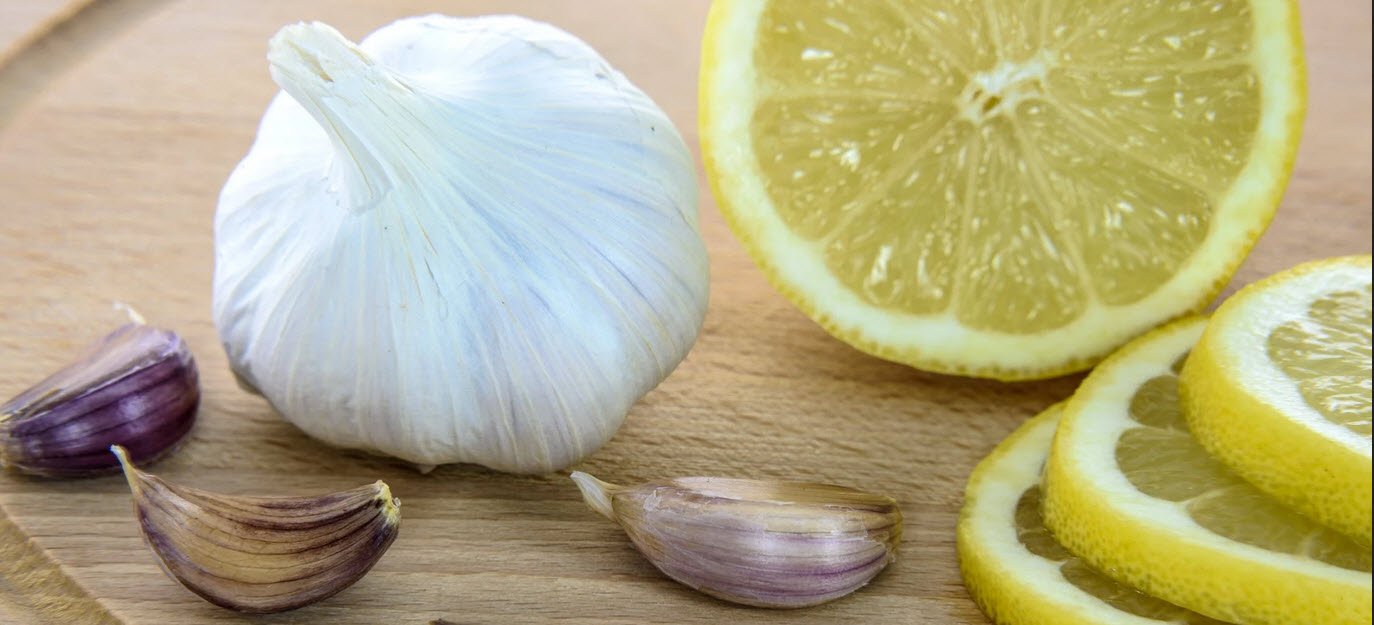
6) Guava
Guava is a healthy fruit that can be consumed while pregnant. It contains vitamin C, folate, vitamin A, potassium, and dietary fiber. These nutrients are critical for the fetus’s healthy growth and development.
Guava also contains antioxidants, which can help the mother’s immune system stay strong and lower her risk of developing chronic diseases. Consuming guava may also aid in the prevention of constipation and morning sickness.

7) Grapes
Grapes are safe to consume during pregnancy and are high in vitamins C and K, as well as antioxidants such as resveratrol. They also contain fiber, potassium, and other nutrients. Grapes may aid in immune system support, inflammation reduction, and heart health. They may also assist in the prevention of constipation and morning sickness.
However, before making any significant changes to your diet during pregnancy, consult with your doctor, as eating too many grapes can lead to gestational diabetes.

8) Watermelon
Watermelon is a safe and nutritious food to consume while pregnant. It provides hydration, vitamins A, C, and B6, potassium, and antioxidants. Watermelon consumption may support the immune system, reduce inflammation, and improve heart health. It may also aid in the prevention of constipation and morning sickness.
Furthermore, the high water content of watermelon may aid in the prevention of dehydration, which is a common problem during pregnancy.
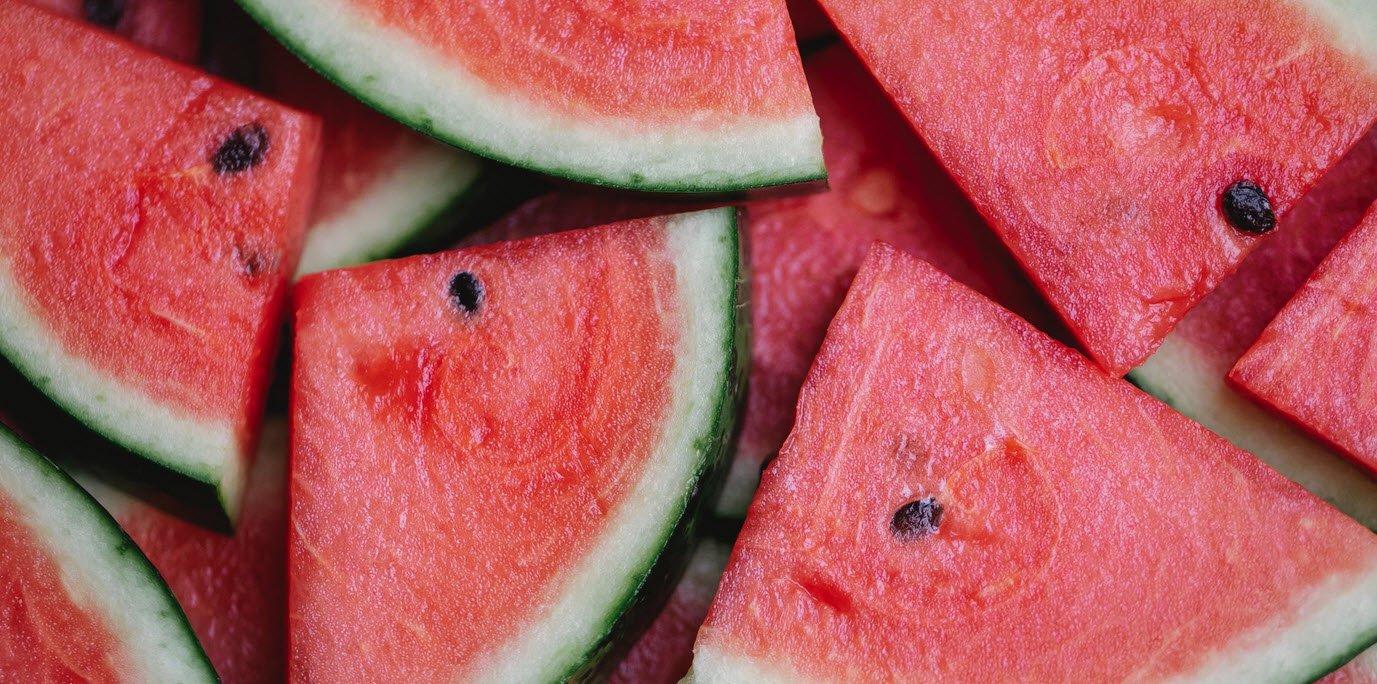
9) Apricot
Apricots are a safe and nutritious food to consume while pregnant. It contains vitamin A, vitamin C, potassium, dietary fiber, and antioxidants. Apricot consumption may boost the immune system and reduce the risk of certain birth defects. They also contain beta-carotene, which is essential for the fetus’s healthy growth and development.
Apricots may also aid in the prevention of constipation and morning sickness.

10) Strawberry
Strawberries are a good source of vitamin C, folate, potassium, and antioxidants and are safe to eat during pregnancy. They may aid in immune system support, inflammation reduction, and heart health.
Strawberry consumption may also aid in the prevention of constipation and morning sickness. Furthermore, strawberries’ high vitamin C content can aid in iron absorption, which is essential for pregnant women.
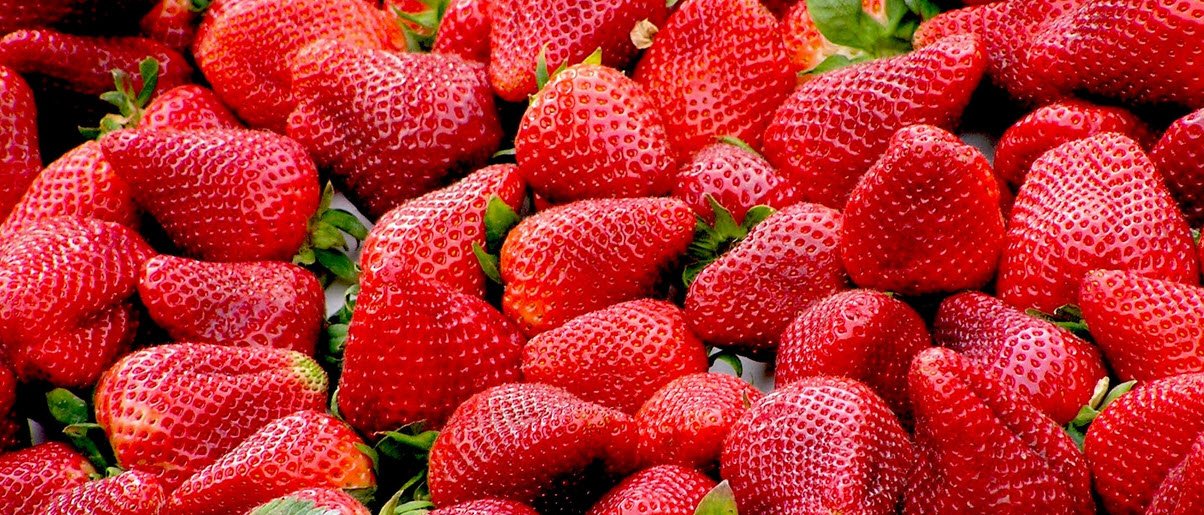
11) Mango
Mangoes are a good source of vitamins A, C, and E, potassium, and antioxidants and are safe to eat during pregnancy. They may aid in immune system support, inflammation reduction, and heart health.
Mangoes may also aid in the prevention of constipation and morning sickness. Mangoes’ high vitamin A content is also beneficial to the fetus’s healthy growth and development. However, before making any significant changes to your diet during pregnancy, consult with your doctor, as eating too many mangoes can lead to gestational diabetes.
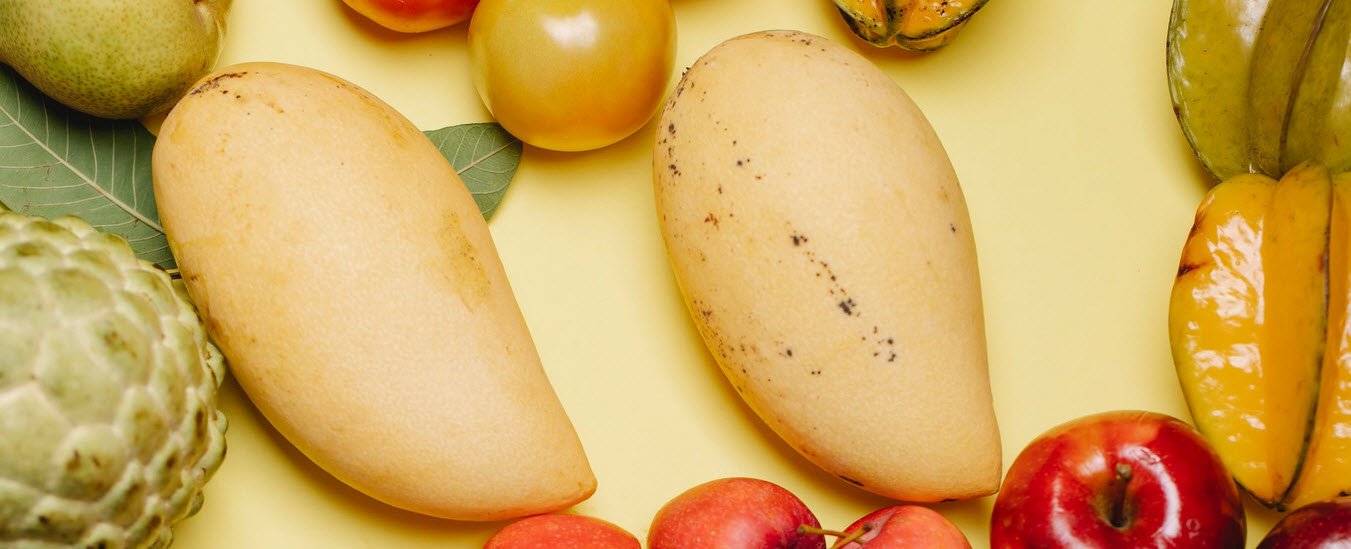
12) Custard Apple
Custard apples, also known as “Cetaphil,” are considered safe to consume during pregnancy. They’re high in vitamins A and C, potassium, and antioxidants. Custard apples may aid in immune system support, inflammation reduction, and heart health.
They may also assist in the prevention of constipation and morning sickness. Custard apples also contain iron, which is essential for pregnant women.
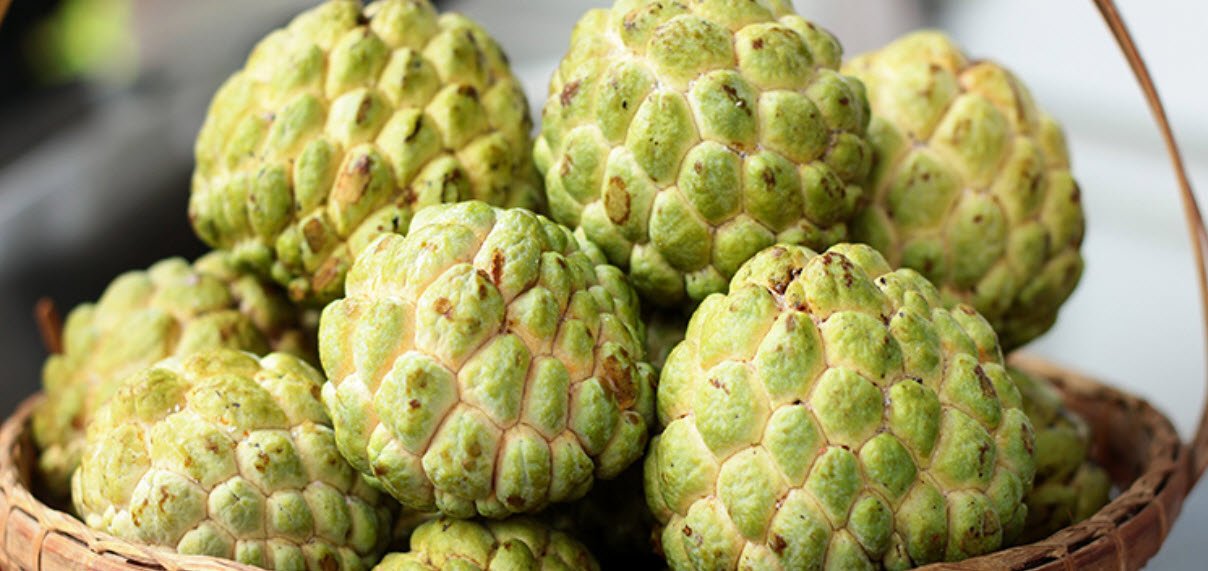
13) Sapodilla
Sapodilla, also known as “chikoo,” is safe to consume while pregnant. They’re high in vitamins A and C, potassium, and antioxidants. Sapodilla consumption may support the immune system, reduce inflammation, and improve heart health.
They may also assist in the prevention of constipation and morning sickness. Sapodilla also contains iron, calcium, and other essential minerals that are beneficial to pregnant women.
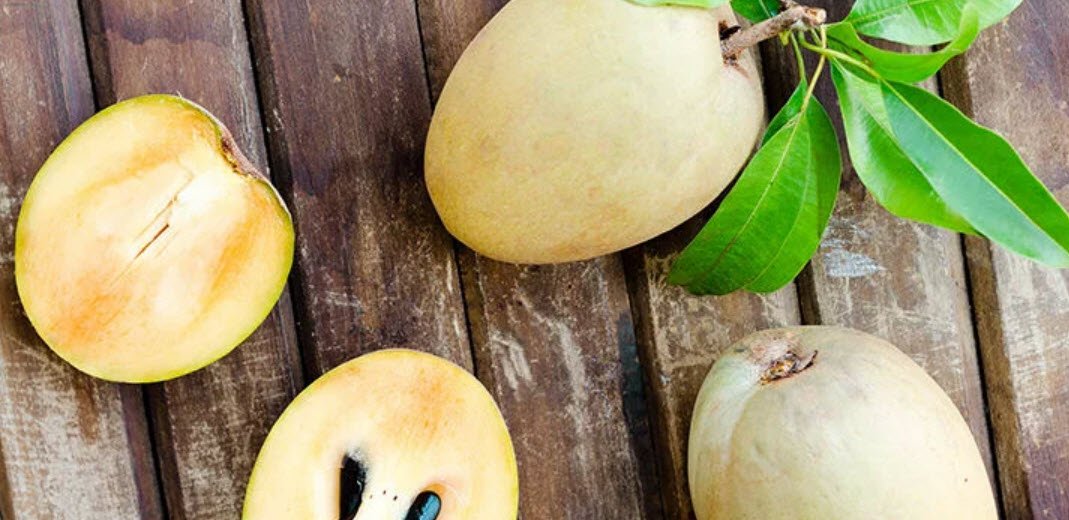
14) Pomegranates
Pomegranate is a safe and nutritious food to consume while pregnant. It’s high in vitamin C, folate, potassium, and antioxidants. Pomegranate consumption may support the immune system, reduce inflammation, and improve heart health.
It may also assist in the prevention of constipation and morning sickness. Pomegranate is also high in antioxidants, which may reduce the risk of certain birth defects.

15) Pear
Pears are safe to consume during pregnancy and are high in vitamins C and K, as well as fiber and antioxidants. They are also a good source of hydration and may aid in the prevention of constipation and morning sickness.
Pears also contain folate, which is necessary for a fetus’s healthy growth and development. Eating pears may also benefit your heart health.
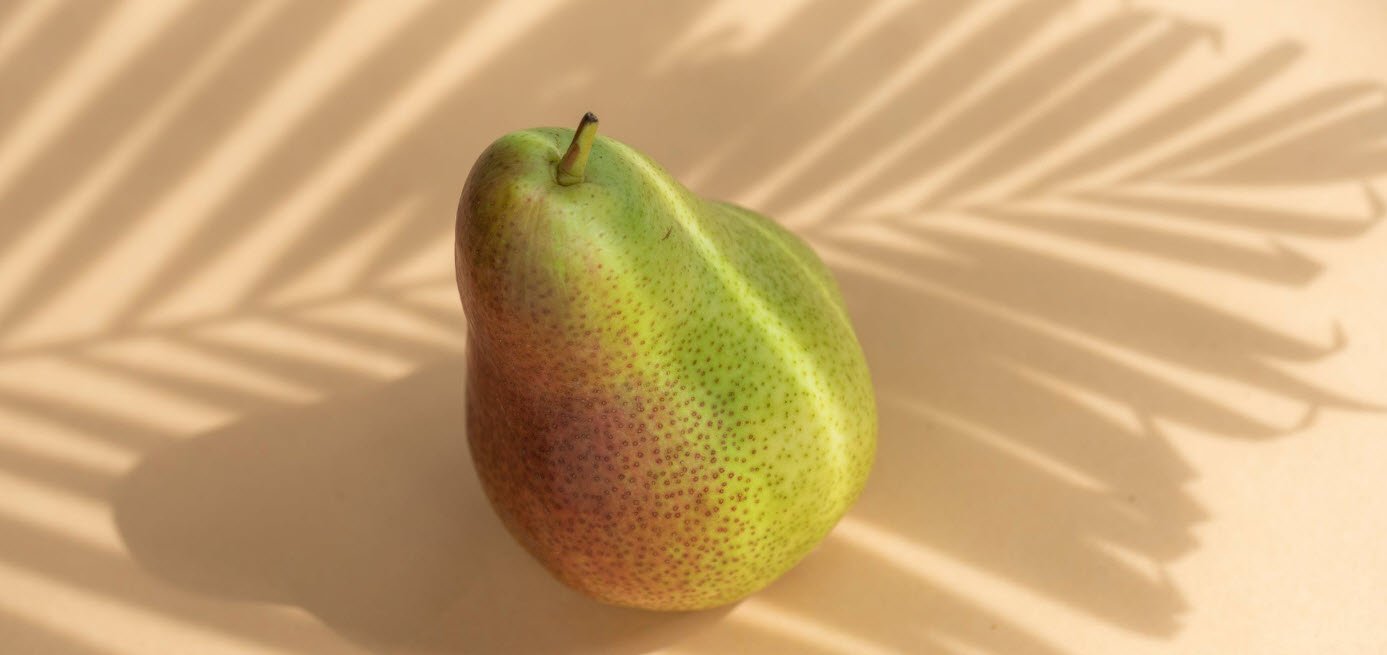
You may also read:
- Top 31 Foods That Boost Your Sex Drive
- Most Popular Fast Weight Loss Diets You Need To Know
- Top Local Wines of Venice, Italy
- Exploring the Delightful World of Cold Sauces – From Aioli to Tapenade
- How To Prepare Keto Vanilla Cake
- 15 Different Types of Citrus Fruits You Need To Know
- A Guide to the Diverse World of Peppers
- Exploring the World of White Teas – A Delicate Symphony of Flavors
- Crafting a Vienna Vanilla Coffee Latte
- 4 Easy Steps to Prepare the Perfect Macchiato



